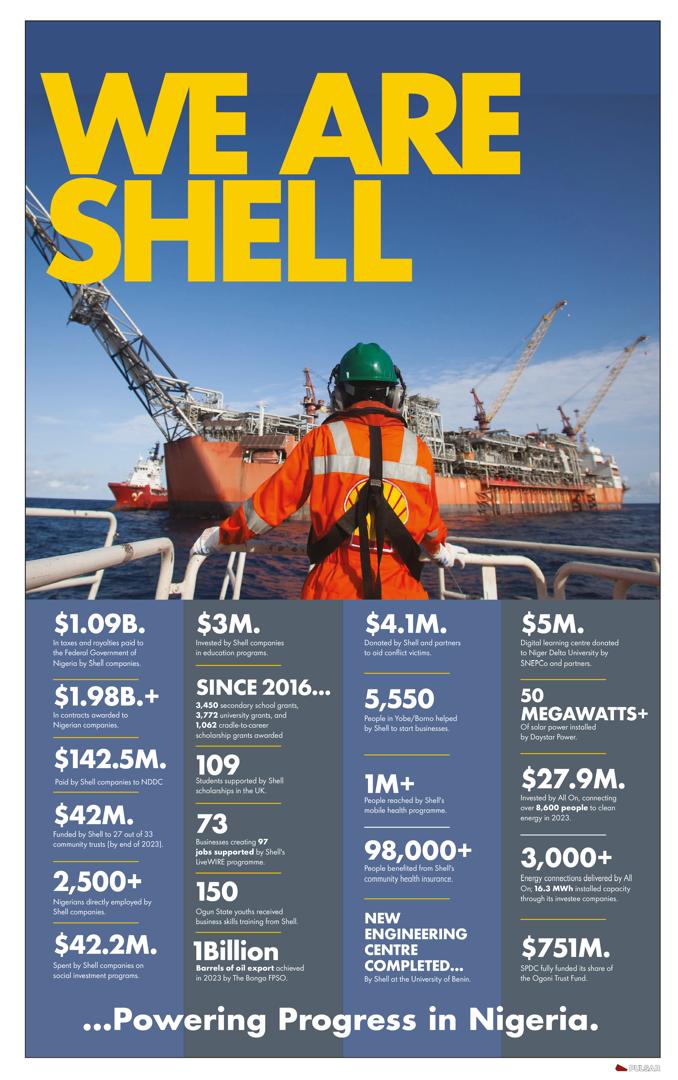EXCITING NEWS: TNG WhatsApp Channel is LIVE…
Subscribe for FREE to get LIVE NEWS UPDATE. Click here to subscribe!
PricewaterhouseCoopers (PwC) has projected that Internet access revenues in Nigeria will rise by a Compound Annual Growth Rate (CAGR) of 16.2% to reach $4.4 billion in 2021.
This is contained in PwC Global Entertainment and Media Outlook 2017-2021 report.
The report disclosed that mobile Internet revenues will increase by a CAGR of 16.8 per cent amounting to $4.3 billion, accounting for 96.6% of total Internet access revenues in the time frame under review.
According to the PwC report, while Nigeria will be the world’s fastest-growing Entertainment & Media (E&M) market over period under review, the slowest-growing will be Japan, growing at a 1.7% CAGR.
Consumers in mature markets such as North America, and Europe, and wealthier Asia-Pacific markets spend a lot more than $500 per capita annually on entertainment and media; growth rates are relatively slow in these areas.
In contrast, less developed economies feature much lower per capita spending and faster growth albeit from a very low base less than $50 a year in many cases.
The Global Entertainment and Media Outlook 2017-2021 document also revealed that mobile Internet subscriptions will increase to 85.1 million over the forecast period, a penetration rate of 40.1 per cent. The penetration of mobile Internet connections on high-speed services will rise by 29.6 percentage points to nearly 35 per cent in 2021.
Fixed broadband is not widely available and where it is, the cost is often prohibitive. The majority of subscriptions are via fixed-wireless networks, with LTE-based services replacing WiMAX as the leading fixed-wireless technology. Fixed broadband penetration is very low and will rise from 2.2 per cent in 2016 to 3.3 per cent in 2021 with 89.3 per cent of subscriptions on low-speed services at the end of 2021.
Recall that in September 2016, and recently, the Nigerian Communications Commission (NCC) announced it would begin a process to select 5 infrastructure companies (infracos) to build and operate open-access fibre broadband networks in five zones.
This process, the telecoms regulator says will begin in July; and the project will be funded by government subsidies.
The first two concessions for Lagos State (MainOne) and the North Central Zone (IConnect, a subsidiary of IHS) were awarded in January 2015. The new 5 infracos to be licensed would be for the North-East, North-West, South-South, South-East and South-West zones of the country.
The NCC first published a consultation paper on the open-access network in November 2013.






